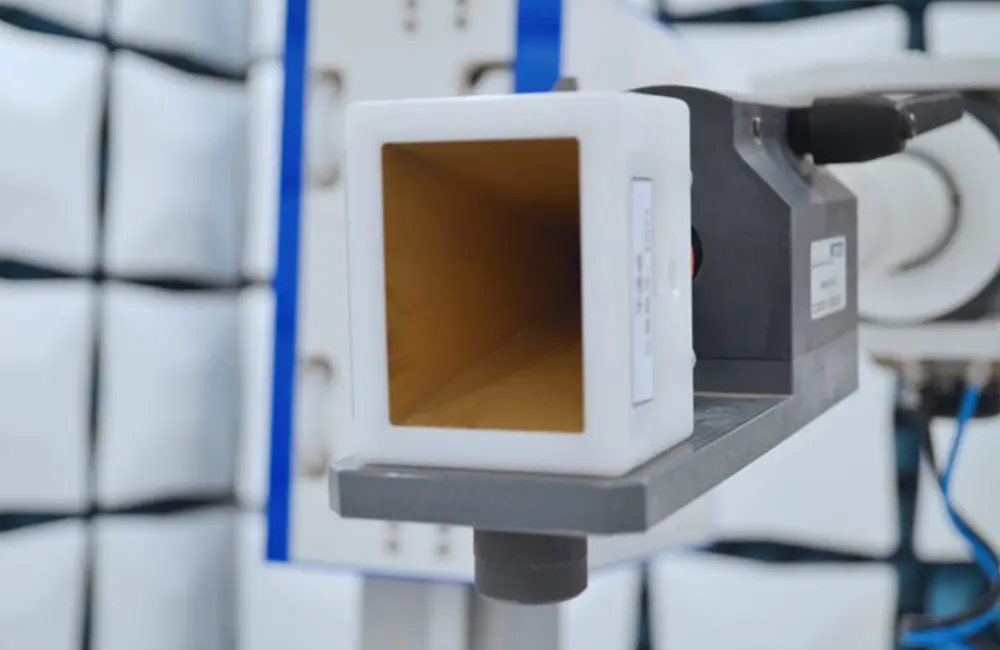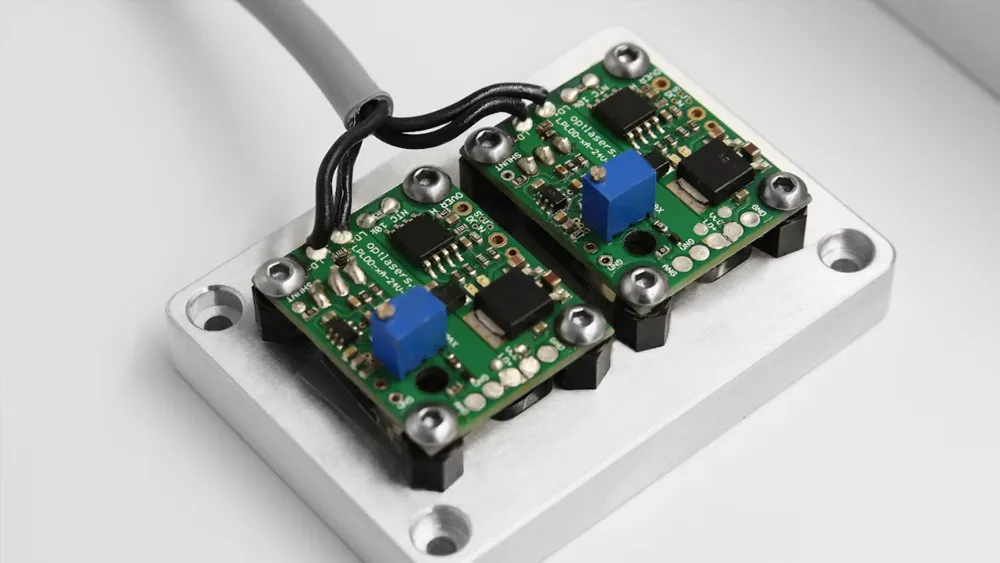
How to Get EN 15194 Certification for E-Bikes and Scooters?
Electric bicycles and scooters have emerged as a new means of shaRED transportation across Europe. In Germany, various shared e-scooter companies entered the market in early 2023. Due to their convenience, speed, and mobility, these vehicles have become a popULar choice for young people in urban areas. Since 2019, countries like France, Spain, the UK, Germany, Portugal, the Netherlands, and the US have introduced regulations for e-scooters. South Korea revised its Road Traffic Act in May 2021 to standardize e-scooter usage. Currently, electric bicycles in the EU must comply with CE certification under the EN 15194 standard. Below is a guide on how to obtain this certification.

EN 15194 Standard Scope
The EN 15194 standard applies to:
1. Electric Assisted Bicycles
These are two-wheeled bicycles with a continuous rated power of up to 0.25kW. The electric assistance gradually decreases and eventually cuts off when the speed REACHes 25km/h, or when the rider stops pedaling.
2. Design and Assembly Safety Requirements
Covers safety and testing methods for electric components with DC voltage up to 48V or external power chargers using 230V.
3. Safety of Electrical Components
Specifies safety requirements and testing for systems distributing motor power, electrical currents (including charging systems), and design of components operating at DC voltages of 48V or less.
Key Components of EN 15194 Certification
1. Mechanical Safety Standards
- Frame and Handlebar Strength
- Frame strength is tested with static and fatigue tests, applying vertical and lateral loads to simulate real-world usage. The frame must show no permanent deformation or cracks after testing.
- Handlebar strength is assessed under horizontal and vertical forces to ensure stability under stress, such as bumps or turns.
- Brake System Testing
- Braking performance is tested under dry and wet conditions. For instance, on dry flat surfaces at 20km/h, the braking distance must meet specified requirements (e.g., ≤ 5m).
- Durability tests simulate thousands of brake applications to ensure long-term reliability.
2. Electrical Safety Standards
- Battery System Testing
- Safety tests for overcharging, over-discharging, short-circuiting, and thermal abuse. Batteries should not explode or ignite under these conditions.
- Battery capacity and range are verified through standardized charge-discharge cycles.
- Motor System Testing
- Evaluates motor performance, including power and torque under varying loads, and ensures insulation and waterproofing compliance.
3. Electromagnetic Compatibility (EMC)
Ensures that the electric bicycle does not interfere with other devices, such as hearing aids or pacemakers. From July 2009, all e-bikes sold in the EU must pass emc tests under EN 15194.
4. Environmental Adaptability
- Weather Resistance Tests
- High and low-temperature tests check the performance of electrical and mechanical components in extreme climates.
- Humidity and salt spray tests assess resistance to corrosion and short-circuit risks in coastal or humid environments.
EN 15194 Certification Process
1. Submit a Sample
Provide a finished electric bicycle sample to the laboratory.
2. Fill out the CE Certification Application
Complete the necessary forms detailing the product and applicant.
3. Contract Agreement
Sign and seal the quotation and agreement provided by the lab.
4. Testing
The sample undergoes testing according to EN 15194 requirements.
5. Draft Report and Confirmation
A draft report and certificate are issued for verification of company and product information.
6. Final Report
Once confirmed, the official test report and certificate are issued.
For professional testing services, contact JJR Laboratory. We provide comprehensive EN 15194 certification support for electric bicycles and scooters. Feel free to reach out for consultation!
Email:hello@jjrlab.com
Write your message here and send it to us
 Canada ISED Certification RSS-247 Standard Testing
Canada ISED Certification RSS-247 Standard Testing
 What Are the Product Compliance for Amazon Austral
What Are the Product Compliance for Amazon Austral
 Australia IoT Security Compliance
Australia IoT Security Compliance
 V16 Warning Light EU EN 18031 Cybersecurity Certif
V16 Warning Light EU EN 18031 Cybersecurity Certif
 Japan IoT Security JC-STAR Certification
Japan IoT Security JC-STAR Certification
 FCC SDoC Compliance Information Statement
FCC SDoC Compliance Information Statement
 What Does FCC SDoC Certification Mean?
What Does FCC SDoC Certification Mean?
 What is Bisphenol A (BPA) Testing?
What is Bisphenol A (BPA) Testing?
Leave us a message
24-hour online customer service at any time to respond, so that you worry!




